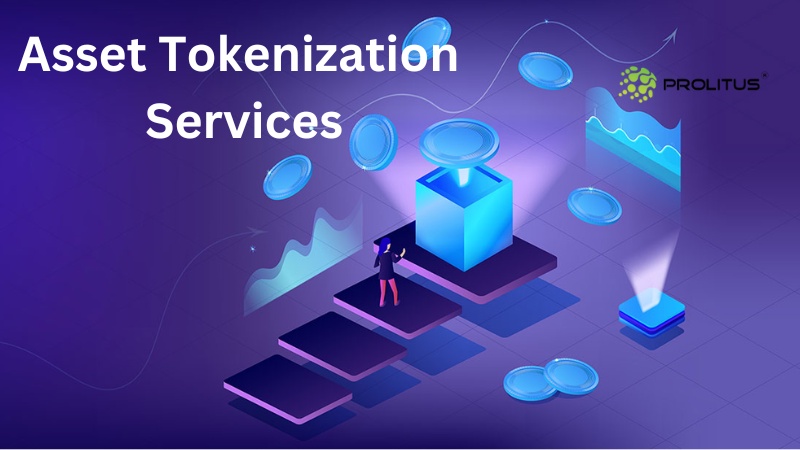Introduction
In the digital age, the concept of asset management is undergoing a revolutionary transformation with the advent of asset tokenization. Asset tokenization platform development refers to the process of converting rights or ownership of real-world assets into digital tokens on a blockchain. This innovation is not just a buzzword but a paradigm shift, offering unparalleled opportunities in terms of accessibility, liquidity, and efficiency in managing a wide range of assets.
What is Asset Tokenization?
Asset tokenization breaks down the ownership of assets into digital tokens that are stored and managed on a blockchain. These tokens represent a share or ownership interest in the underlying asset, be it real estate, art, or even intangible assets. The process leverages blockchain technology's inherent benefits of security, transparency, and immutability to transform asset management.
The Technical Framework of Tokenization Platforms
Core Components: A robust tokenization platform integrates several key components — a user-friendly interface, a secure and efficient blockchain backbone, smart contract functionality for automating processes, and regulatory compliance mechanisms.
Building a Secure Platform: Security is paramount in asset tokenization. Platforms must employ advanced encryption, identity verification, and compliance with global standards to protect investors and adhere to legal frameworks.
Advantages of Asset Tokenization Platforms
Increased Liquidity: Tokenization platforms make traditionally illiquid assets like real estate or fine art more accessible and easier to trade, thus increasing their liquidity.
Broader Investor Access: By fractionalizing assets, these platforms lower the entry barriers for investment, allowing a more diverse group of investors to participate in markets previously accessible only to a select few.
Efficiency and Transparency: Blockchain technology ensures that transactions on tokenization platforms are transparent, auditable, and efficient, reducing the risk of fraud and errors.
Developing an Asset Tokenization Platform
Key Considerations: Developers must address several critical areas, including the choice of blockchain technology, token standardization, regulatory compliance, and integration with traditional financial systems.
Challenges: Key challenges in developing these platforms include navigating complex regulatory environments, ensuring robust security measures, and achieving interoperability with existing financial systems.
Real-World Applications
Asset tokenization is not limited to a single sector. It has wide-ranging applications across various industries, including real estate tokenization, art and collectibles, intellectual property, and even in fractional ownership of physical assets like gold or luxury goods.
The Future of Asset Tokenization
The potential for asset tokenization is vast and still largely untapped. As the technology matures and regulatory frameworks evolve, we can expect to see more widespread adoption and innovative uses of tokenization platforms. This trend is poised to democratize access to investment opportunities and transform traditional asset management.
Conclusion
Asset tokenization platform development marks a significant milestone in the evolution of asset management, blending technological innovation with financial inclusivity. By harnessing the power of blockchain, these platforms offer a more transparent, efficient, and accessible way of managing and investing in a wide array of assets. As the market continues to evolve, asset tokenization stands at the forefront, reshaping the future of investment and asset management in the digital age.


No comments yet